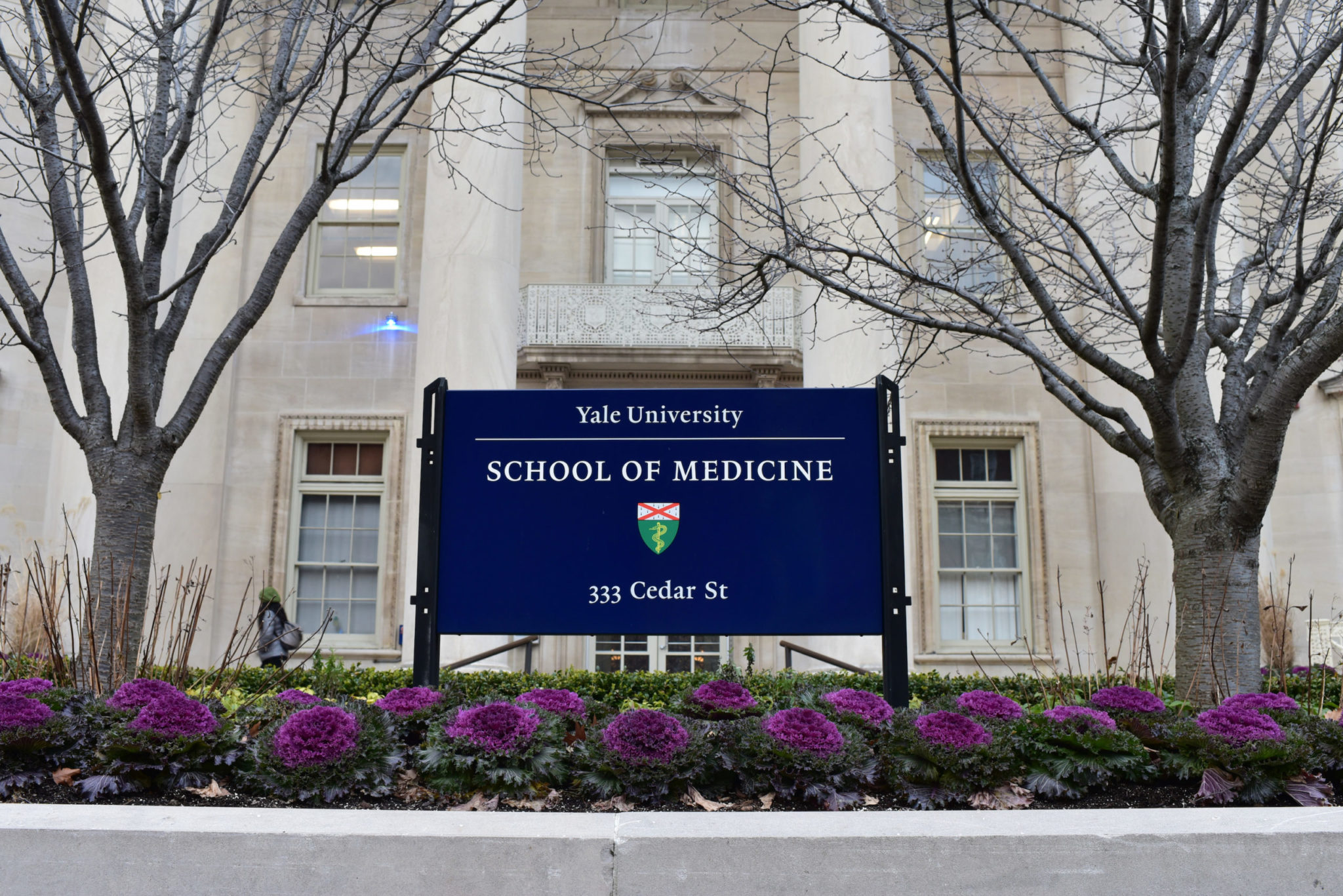
Ryan Chiao, Photo Editor
In 2018, two Yale psychiatry residents founded a conference dedicated to women’s mental health in the wake of the #MeToo movement and Supreme Court Justice Brett Kavanaugh’s ’87 LAW ’90 Senate confirmation hearing.
From April 23 to 24, Yale will be hosting the Women’s Mental Health Conference for the second time. The two-day conference will feature 32 presentations, four flagship panels as well as a keynote speech with Tarana Burke, the founder of the #MeToo movement. The conference, which will take place on Zoom, is open to the public and admission is free. The conference centers around highlighting the issues complicating women’s mental health and creating a community of women’s mental health advocates.
“Whether you’re somebody who’s new to the field, or interested in the field or just like an advocate for women’s mental health, I think there’s something that can be taken from every session,” said Stefanie Gillson, the co-founder of the conference. Gillson is a public psychiatry fellow and chief resident of diversity and inclusion at the Yale Department of Psychiatry.
After Gillson and Sofia Noori, chief resident of digital psychiatry and chief resident of quality improvement at the Yale Department of Psychiatry, noticed the lack of training physicians receive regarding women’s mental health — according to Noori, there is no required knowledge of women’s mental health needed to become an accredited psychiatrist — they decided to find a conference dedicated to filling the gap. Noori told the News that though other conferences focused on specific topics such as reproductive psychiatry and intimate partner violence, no event offered the breadth that she and Gillson had been looking for, so they decided to launch their own.
“I think it’s important to have this space because for too long, it never it never existed,” Noori said. “There’s also a lot of history around psychiatry and how it’s actually been really damaging for women that people don’t know about, and without that context, I think it’s really hard to move forward.”
Gillson and Noori held the first conference in 2019 at the School of Medicine. Noori said that though they planned to offer a second conference last spring, the COVID-19 pandemic forced them to cancel, so this year’s virtual conference will be the second installment of what they hope will be an annual event.
According to Noori, the online format has allowed the conference to expand. For example, the physical capacity of Harkness Auditorium capped attendance at the 2019 keynote — given by V, formerly known as Eve Ensler, the author of “The Vagina Monologues” — at 450, while smaller sessions typically saw about 180 attendees. She said she hopes to see up to 1,000 attendees at this year’s conference.
In an email to the News, India Olchefske, a committee member for the Women’s Mental Health Conference, noted that their program is the first academic, trainee-led conference in the country with a comprehensive focus on women’s mental health. Gillson noted that this primacy will allow women to set a wide definition of women’s mental health before it is accredited within existing systems.
Erin Davidowicz, another psychology resident at Yale who works with the conference, echoed the importance of having a wide range of programs.
“I hope that after learning about the many facets of womxn’s mental health people deepen their understanding about the need to empower womxn with a specific focus on elevating care for BIPOC womxn, queer womxn, trans womxn, sex-workers, and all womxn who have been historically marginalized,” Davidowicz wrote in an email to the News.
Davidowicz will present a talk at the conference titled “Womxn, Addiction and Gender: The Importance of Narrative in Understanding Substance Use and Recovery.”
Other talks include discussions of, but are not limited to, the impacts that race, technology, gender and sexual identity, military service and climate change have on women’s mental health. The Women’s Mental Health Conference will pay every speaker for their time.
Gillson, who is of Dakota Mdewakanton and Swedish descent and specializes in Native American health, told the News that intersectionality was integral to her motivation to start the conference because she wanted to mitigate how she has seen mainstream feminism often exclude Indigenous women.
Gillson and Noori emphasized that their event focuses on anyone and everyone who identifies as a woman. They also noted that conference attendance is open to anyone interested in women’s mental health — regardless of their identity or psychiatry background — and that the sessions would be more practical than academic.
“Most women won’t see a psychiatrist.” Noori said. “They’ll see their friends, or they’ll see their primary care doctor, or just other people in their lives, and so we wanted this to be a community where all of us can learn together about really pressing things that are going on with women today.”
The Women’s Mental Health Conference can be found on Instagram.
Jordan Fitzgerald | jordan.fitzgerald@yale.edu







